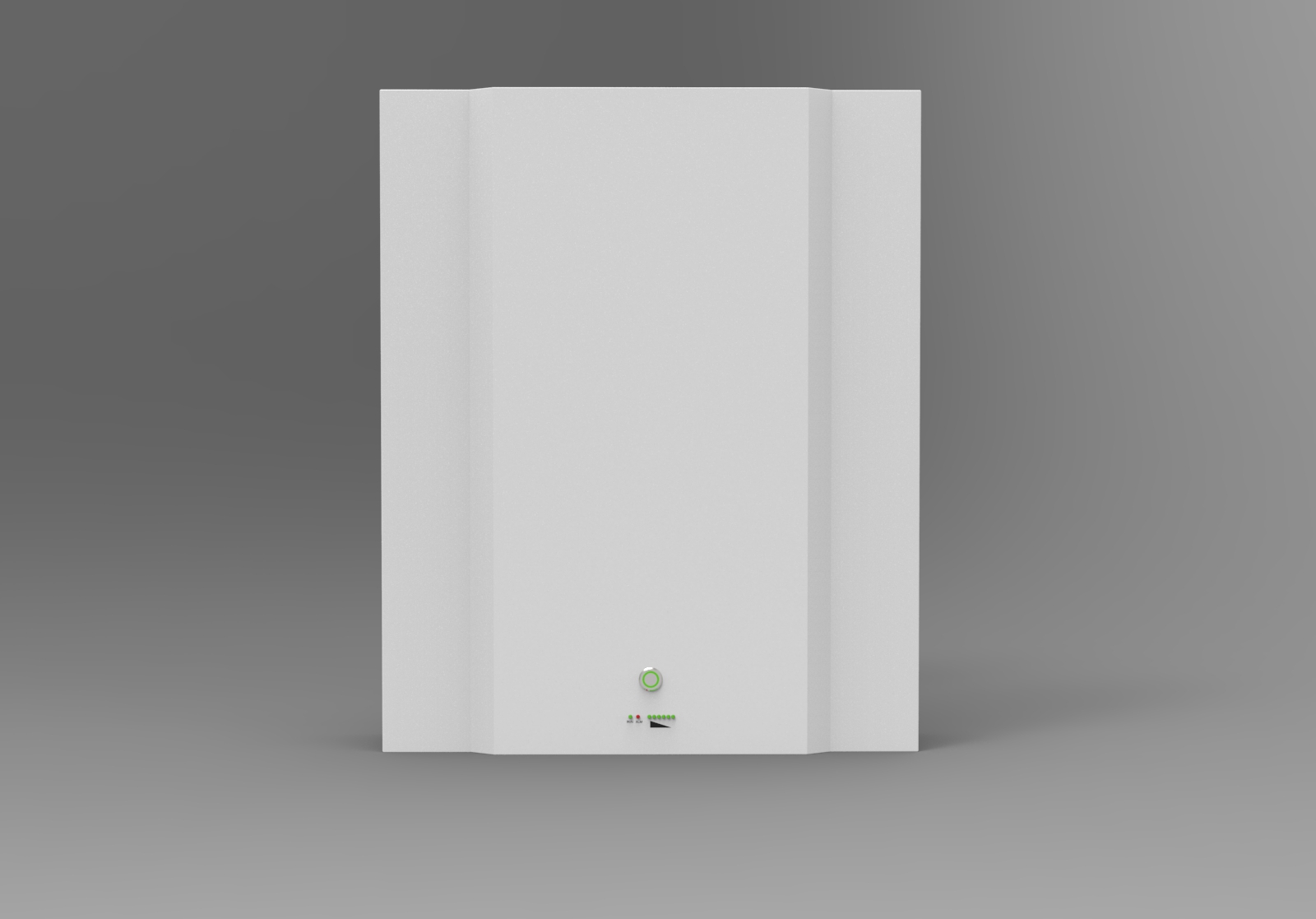How Long Do Solar System Batteries Last: 7 Factors Determine
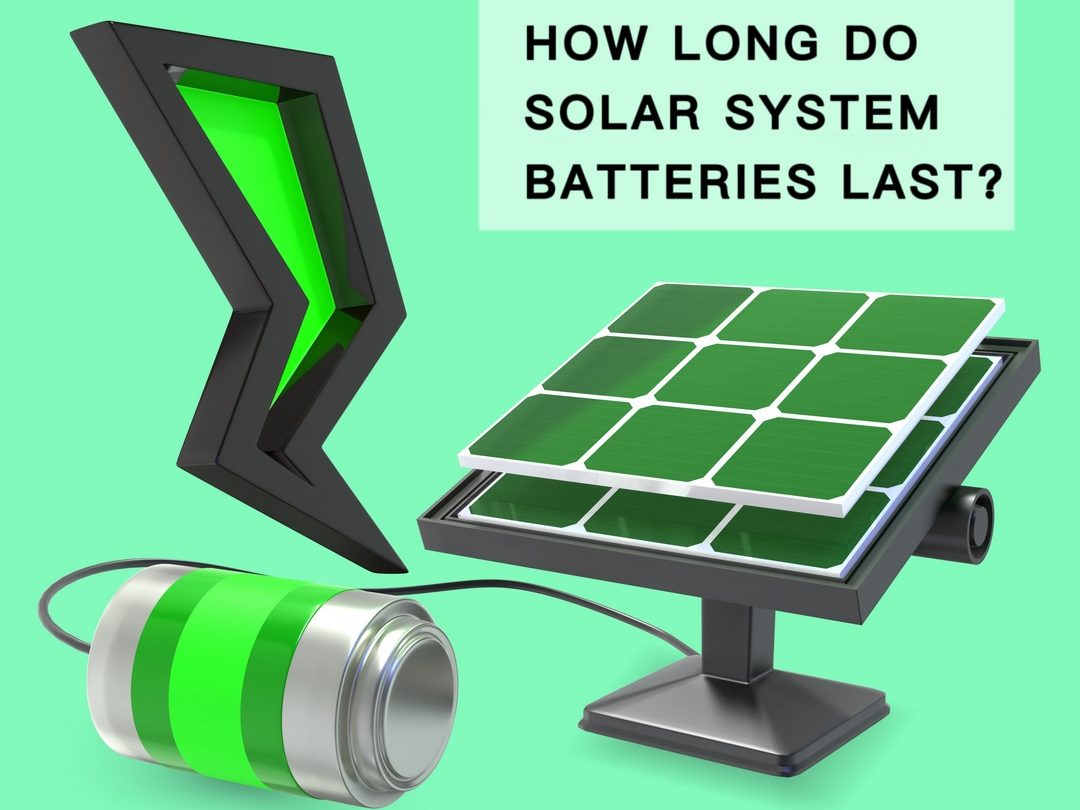
The world is transitioning to renewable energy sources, and solar power is one of the most popular. It’s a great way to reduce your carbon footprint and save on bills in the long run. But how long do solar system batteries last?
Solar panel systems come with different battery sizes, depending on their purpose and capacity. This means that not all batteries will have the same lifespan - some may even last longer than others. In this article, we'll be looking at just how long you can expect a solar system battery to last. We'll also discuss what factors affect its performance and longevity so that you can make an informed decision when buying a battery for your solar setup.
It's important to understand the basics of lithium solar system batteries if you want to get the most out of your investment. With proper maintenance, these batteries can provide reliable storage solutions while reducing your environmental impact. So let's dive into it: How long do solar system batteries really last?
How Long Do Solar System Batteries Last?
When it comes to solar energy, one of the most important components is the solar system battery. How long do these batteries last? This is a key question homeowners need to answer before investing in solar.
However solar battery life varies by type and quality and usage, so there is no one universal number.
With proper care and attention, most solar system batteries should last around 5-20 years .
But some cheaper models, may not even last more than 5 years without replacement or refurbishment.
So if you're looking for definitive answers when considering your own setup, speak to a solar system professional/engineer who can provide personalized advice tailored to your needs.
What Are the Factors That Affect the Life Of Solar Batteries?
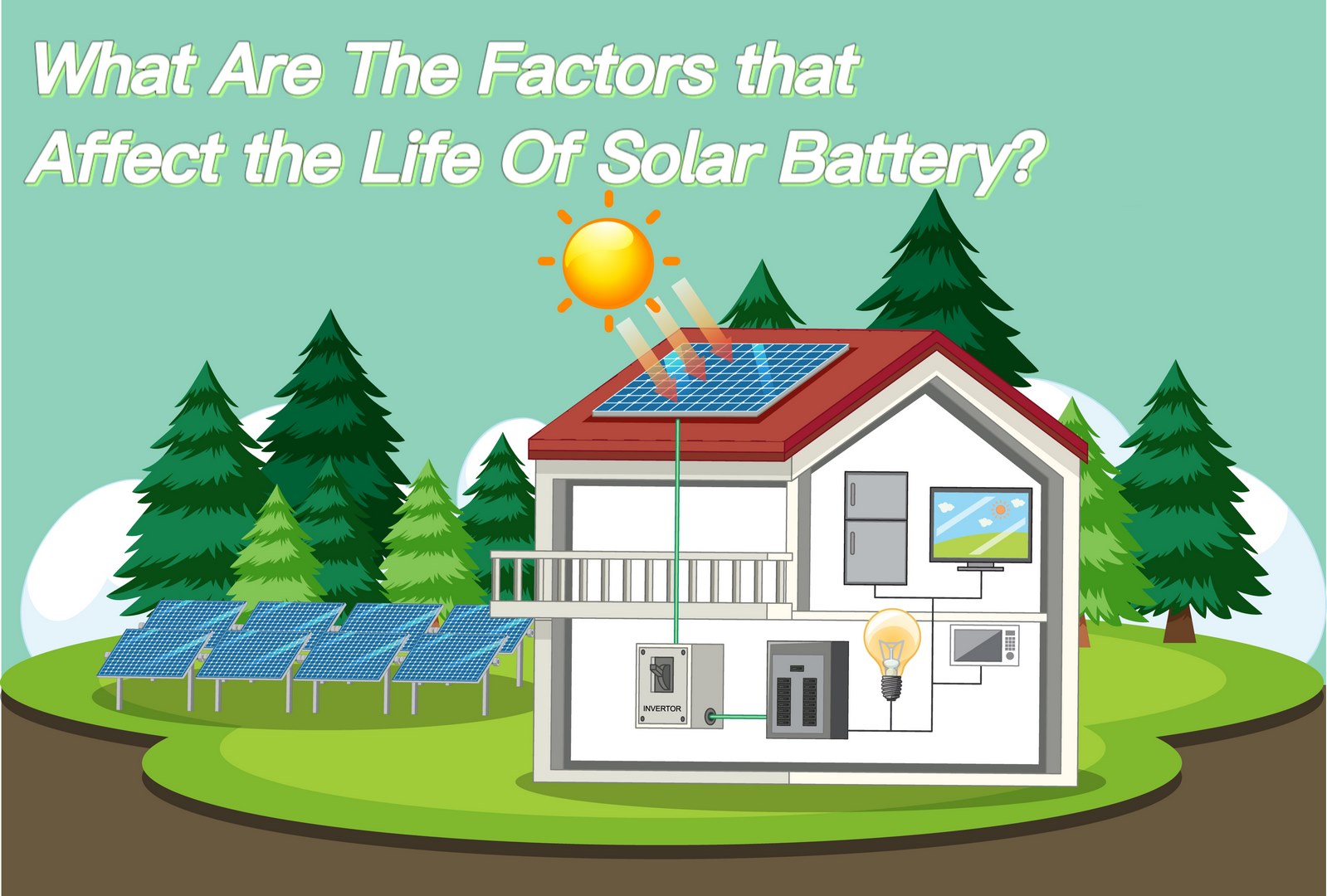
The life of a solar cell is determined by many factors. These include the type and size of the battery, the environment in which it was stored, frequency of use, maintenance practices, and more.
Knowing how these factors affect your solar system's batteries will determine their lifespan, which means you should take note when selecting or replacing any batteries used in your setup.
Factors 1: Types Of Solar System Batteries
Lead-Acid Battery
Lead-acid solar cells are the workhorses of energy storage. These reliable, yet rugged power sources have been providing sustainable energy to homes and businesses for decades.
The two main types of lead-acid batteries used in solar systems are gel cells and flooded cells. Gel cells contain a thicker electrolyte that is suspended in a gelatinous material, while flooded cells are more prone to wear due to their liquid electrolyte which can evaporate over time.
Both require regular maintenance, such as adding water or replacing electrodes, but they both provide excellent performance when used correctly.
Lithium Ion Battery / Lifepo4
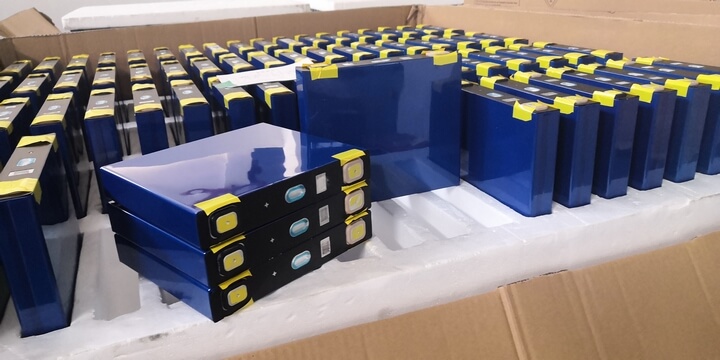
Lithium-ion batteries are also the most commonly used type of battery in solar systems. Among them, the lifepo4 battery replaces lead-acid battery and becomes the dominant position of the energy storage battery.
Lithium-ion batteries can typically last up to 10 years when properly maintained and operated under optimal conditions. They also have a much lower self-discharge rate than other battery types, meaning they don't require frequent recharging or maintenance cycles.
Additionally, lithium-ion batteries are more efficient than other forms of solar cells at converting sunlight into electricity, making them ideal for powering solar systems.
Because lithium-ion batteries are reliable and efficient, they are becoming increasingly popular among individuals looking to invest in renewable energy sources such as solar power.
Solar systems using these types of batteries can help people reduce their electricity bills while helping the environment without sacrificing performance or reliability.
Factors 2: Working Environment
The working environment of a solar battery plays an important role in determining its lifetime. Heat, moisture, and even the type of construction materials used can all influence how long they will last.
| Factors | Impact on Battery Life |
|---|---|
| Temperature | High temperatures reduce capacity & impact performance while low temps inhibit recharging capability. |
| Moisture/Humidity | Excessive humidity accelerates corrosion & increases self-discharge rate, reducing lifespan. |
| Construction Materials Used | Poor-quality components often cause higher levels of degradation over time. |
| Protection Against Shock/Vibration | Vibrations increase stress on internal components which can lead to premature failure. |
Keeping your batteries in optimal condition is key for maximizing their life span and ensuring that you get the most out of them. Making sure they are properly ventilated and well insulated from outside elements like water or dust is also crucial. Additionally, choosing high-quality parts when building or replacing existing ones should be a priority if you want your solar system batteries to have longevity.
Factors 3: Depth Of Discharge
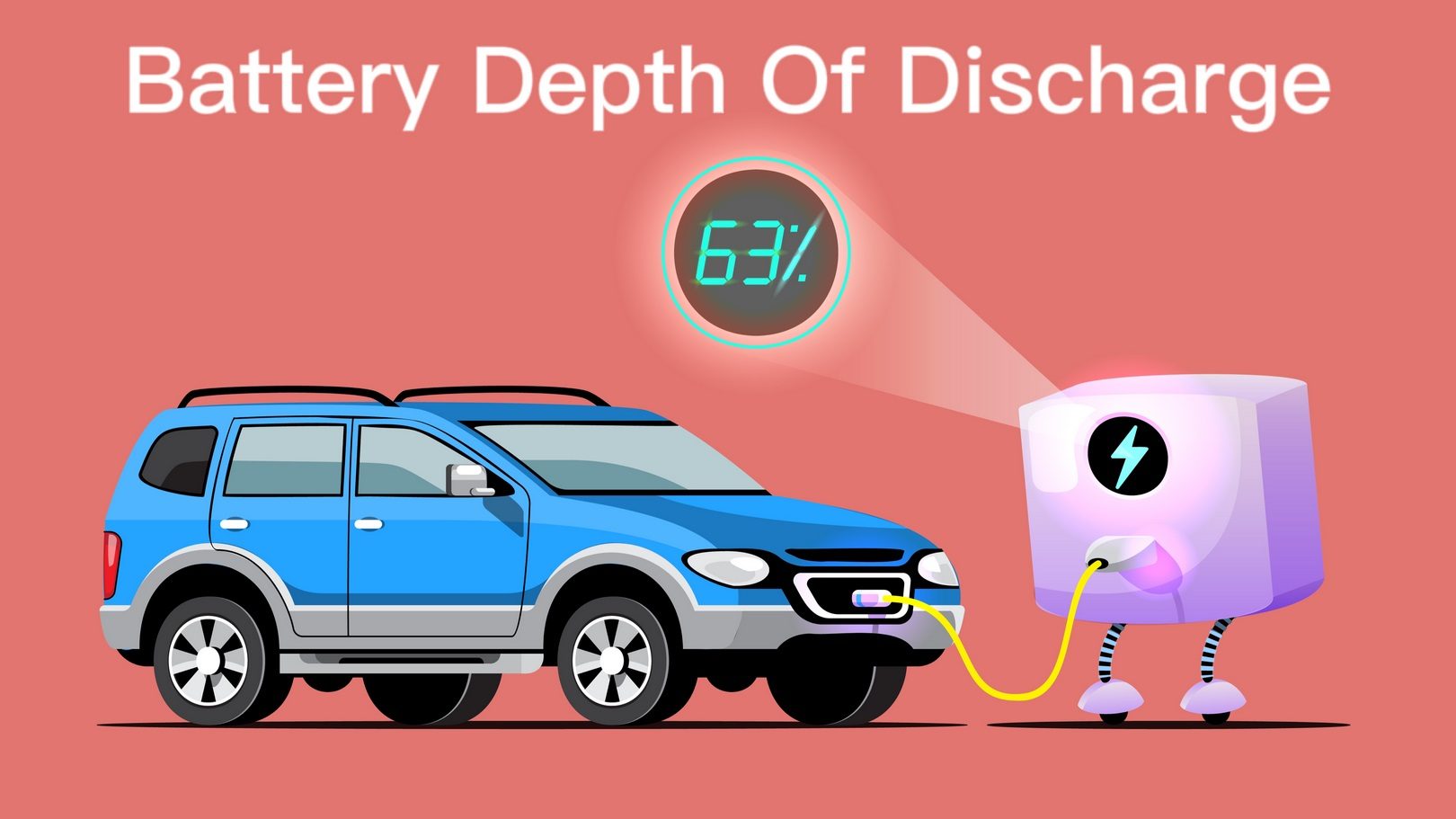
Depth of discharge (DoD) is an important factor affecting the lifetime of solar batteries. It refers to how much energy can be used without harming the battery relative to the total capacity of the battery and is measured as a percentage.
The higher the DOD, the higher the degree of discharge, and the higher the efficiency of the battery's power usage.
The DOD of lead-acid batteries is usually around 50%, while the DOD of lithium-ion batteries is usually 80-90%. Under the same capacity, the battery life of lithium-ion batteries is twice that of lead-acid batteries.
It is worth mentioning that it is not recommended to charge or discharge the battery to 100%, which may easily cause the battery to be overcharged or over-discharged, resulting in irreversible damage. Through the battery balancing system, you can only monitor and balance the battery usage status.
Factors 4: Cycle Life
The life of a solar cell is ultimately determined by how much it is used, or "cycled." This means that the number of charges and discharges a battery goes through during its lifetime affects its overall capacity.
The cycle life of a solar cell is the number of times it can be discharged and fully charged before failing. Batteries with higher capacities tend to have longer cycle life than batteries with lower capacities.
For example, the cycle life of lithium-ion batteries is about 3000-5000 times, while the cycle life of lead-acid batteries is about 300-500 times.
Assuming that a family charges and discharges once a day, the lithium-ion battery can be used for 3000➗365=8.21 years. Lead-acid batteries only last less than a year.
Of course, the factors that affect the cycle life are also related to factors such as heat, depth of discharge (DOD), charger/controller type, service life and environment. With proper maintenance and good charging habits, you can maximize the life of your battery.
Factors 5: Battery Maintenance
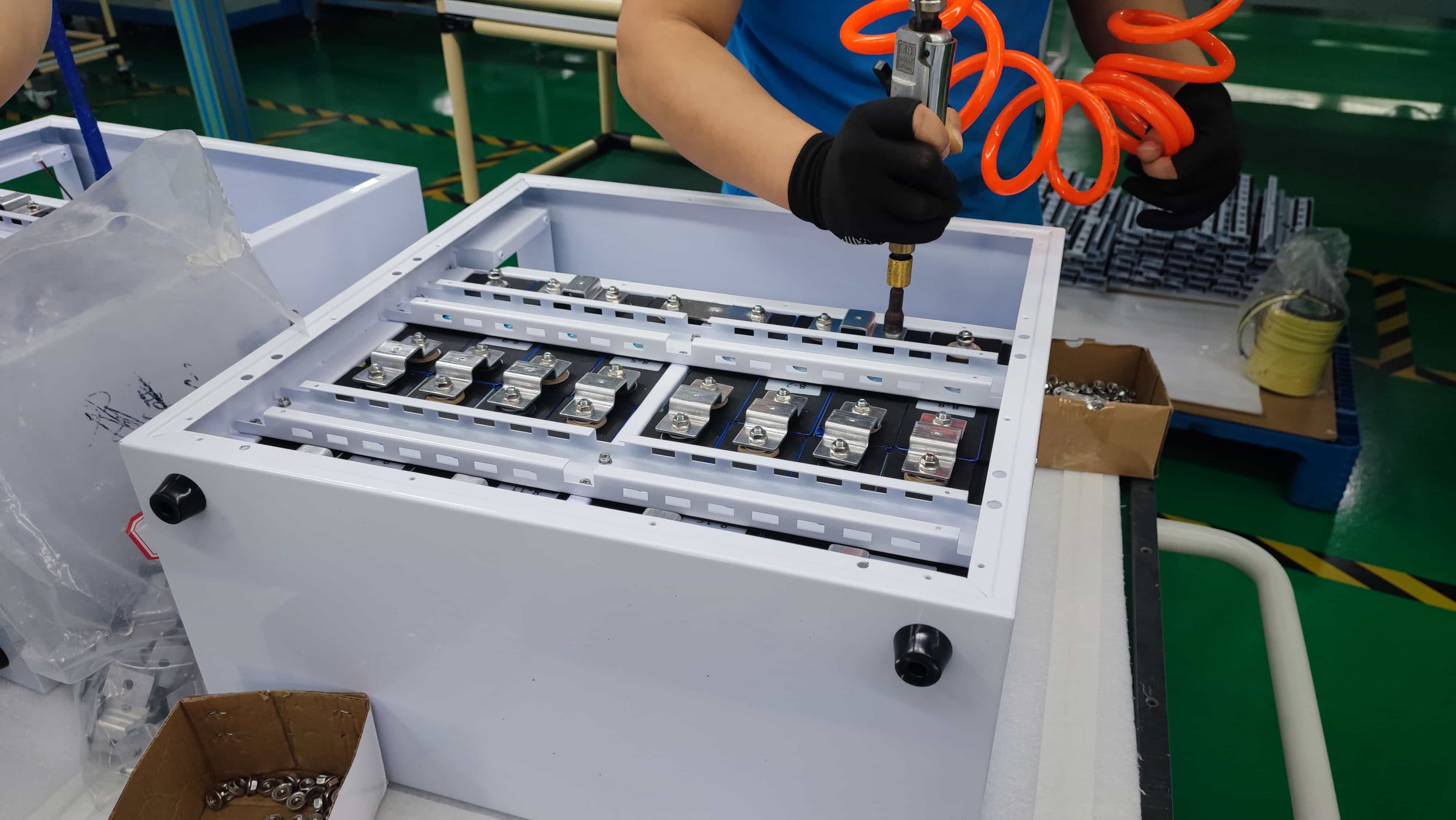
Maintaining your solar cell is key to its longevity. As with any other type of battery, proper care and maintenance should be given to ensure they last a long time.
Cleanliness: It is important to keep the battery and surrounding area clean. Dirt and debris can cause corrosion of connections or reduced airflow, which can cause overheating and shorten battery life.
Internal checks: It is also important to check the electrolyte levels regularly, if they are too low the battery will not charge properly.
Wiring Connections: Check to make sure all electrical connections are tight and tight to avoid power loss issues due to loose wires or poor contacts.
Visual Inspection: Check the solar batteries every few months for signs of damage, such as cracks in the casing or discoloration from overheating. If there is any abnormality, it needs to be replaced in time to avoid greater losses.
Taking these steps will help ensure that your solar system batteries will last as long as possible without costly repairs or replacements.
Factors 6: Usage Frequency
How often you use your battery plays a big role in how long it will last. If left unused, even if they are properly maintained and stored, solar batteries will begin to degrade over time due to sulfation.
This is due to lead sulfate crystals that naturally form on the battery's plates, which gradually increase and decrease capacity until eventually they become completely unusable.
However, with regular use, these batteries can hold a higher level of charge for a longer period of time.
Periodic cycles of full discharge and charge will help remove any deposited lead sulfate and prevent them from building up too quickly.
It also ensures that these components do not remain dormant for long periods of time without circulation, meaning there is less risk associated with sulfation buildup and degradation.
Additionally, regular charging balances the charge going into the battery, keeping each component healthy even after multiple uses.
Factors 7: Storage Environment
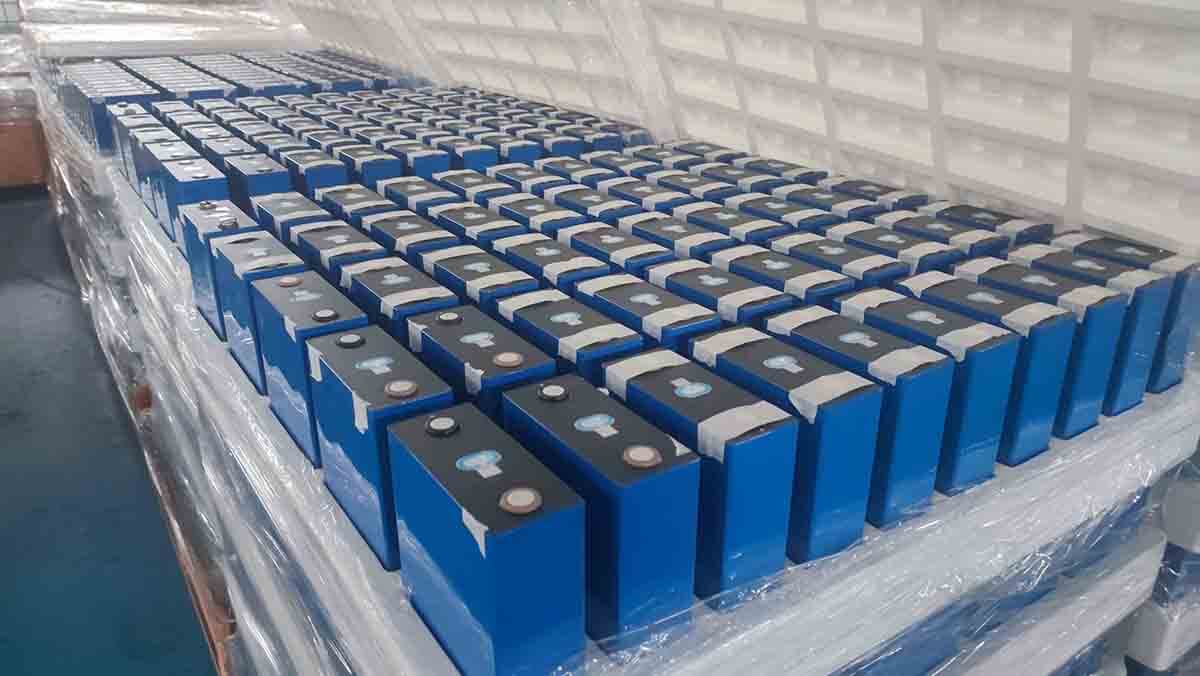
The storage environment of solar batteries can have a significant impact on their life expectancy.
Batteries should be stored in cool, dry locations that are free from moisture and extreme temperatures. It's important to keep the battery away from direct sunlight or heat sources, as this will cause them to degrade faster.
Additionally, make sure the area is well-ventilated so air can circulate freely around the battery.
It's also important to avoid storing batteries for too long without using them. If they sit idle for an extended period of time, self-discharge may occur resulting in reduced performance and capacity loss over time.
Solar batteries should also be charged regularly even if not being used to help maintain their health and extend their lifespan.
Taking care to store your solar batteries properly will ensure you get maximum use out of them before needing replacement.
How Do I Know When My Solar Batteries Need Replacing?
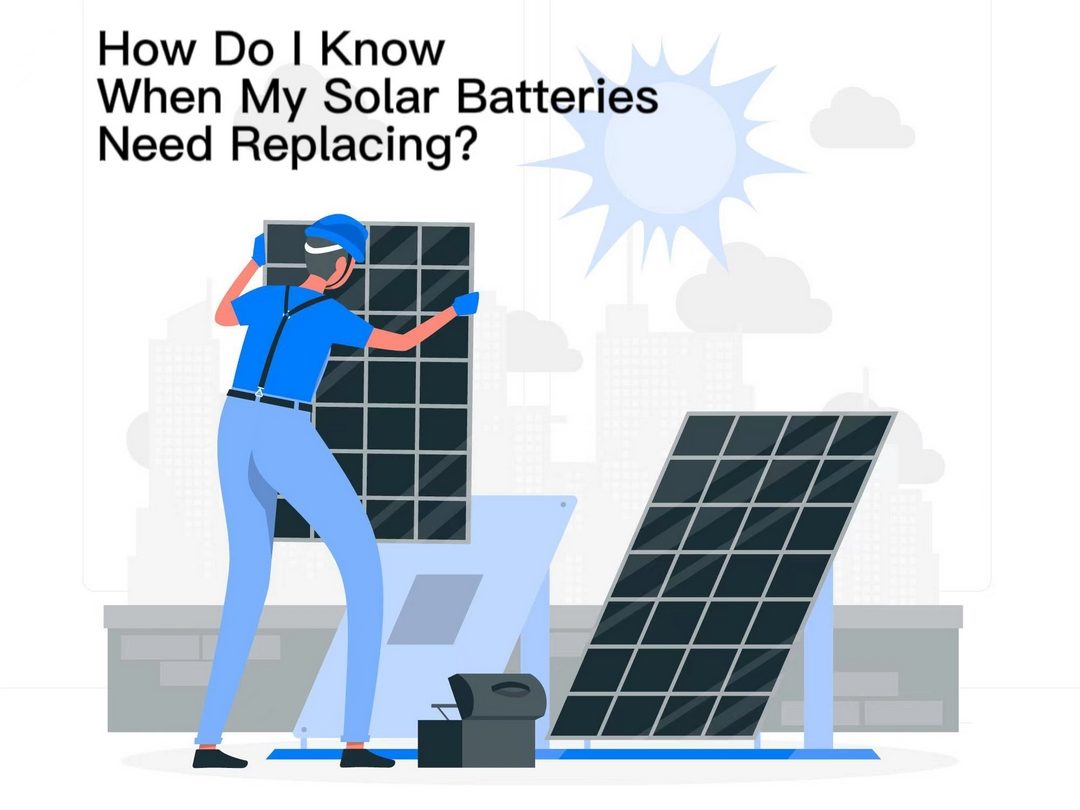
It's important to know when your solar batteries need replacing, as they play a vital role in how much energy you can generate from the sun.
According to research, around 75% of solar panel systems will last for 15 years or more with minimal maintenance. This is an impressive statistic that shows just how powerful these devices are!
To be sure that your system is operating optimally and safely, it’s best to monitor them regularly and replace any parts that appear worn out or damaged. Here’s a table outlining some tell-tale signs that may indicate it’s time for a replacement:
| Signs | Description | Action Needed |
|---|---|---|
| Low Voltage | The output voltage drops significantly | Check wiring & cells |
| Shorts | Cells shorting; output current too high | Replace cell block |
| Cracks | Visible damage on the cell surface | Replace single cell |
| Corrosion | Cell connectors are corroded | Clean/replace if necessary |
In addition to visually inspecting for any defects, one way to assess whether solar batteries should be replaced is to compare their performance over time. If the power generation drops significantly compared to previous measurements, this may indicate an abnormality in the battery.
Also, consider investing in professional monitoring equipment - BMS, which can provide accurate readings of each battery electrical parameter, making it easier to quickly identify potential problems before they become a problem.
Regular inspections not only ensure optimal function but also help extend the overall life of your system, allowing you to get the most value out of it. Keep an eye on things and don't put off repairs until it's too late, being proactive will save you money in the long run!
How Do I Know If My Solar Battery Is Dead?
To determine if your solar battery is dead, there are a few key indicators you can look for. Here's a checklist of things to consider:
- Check the voltage output - A good working battery should have an open-circuit voltage reading between 12 and 14 volts at most times. If it reads lower than this then it could be time to replace your solar battery.
- Look out for physical signs of damage - Cracks or bulging on the casing may indicate that moisture has entered the cells and caused corrosion which will reduce its life expectancy significantly. You may also notice swelling in some areas where extra pressure has built up as well as discoloration due to oxidation over time.
- Test your battery's capacity - This involves performing a series of tests with specialized equipment that measures how much energy your battery can store and release. This test helps you identify any weak points within the cell structure, so you know whether or not it needs replacing soon.
From these three main indicators, you can assess the condition of your solar battery and decide if it needs replacing or repairing before considering buying a new one altogether.
How Long Do Solar Panels Last?
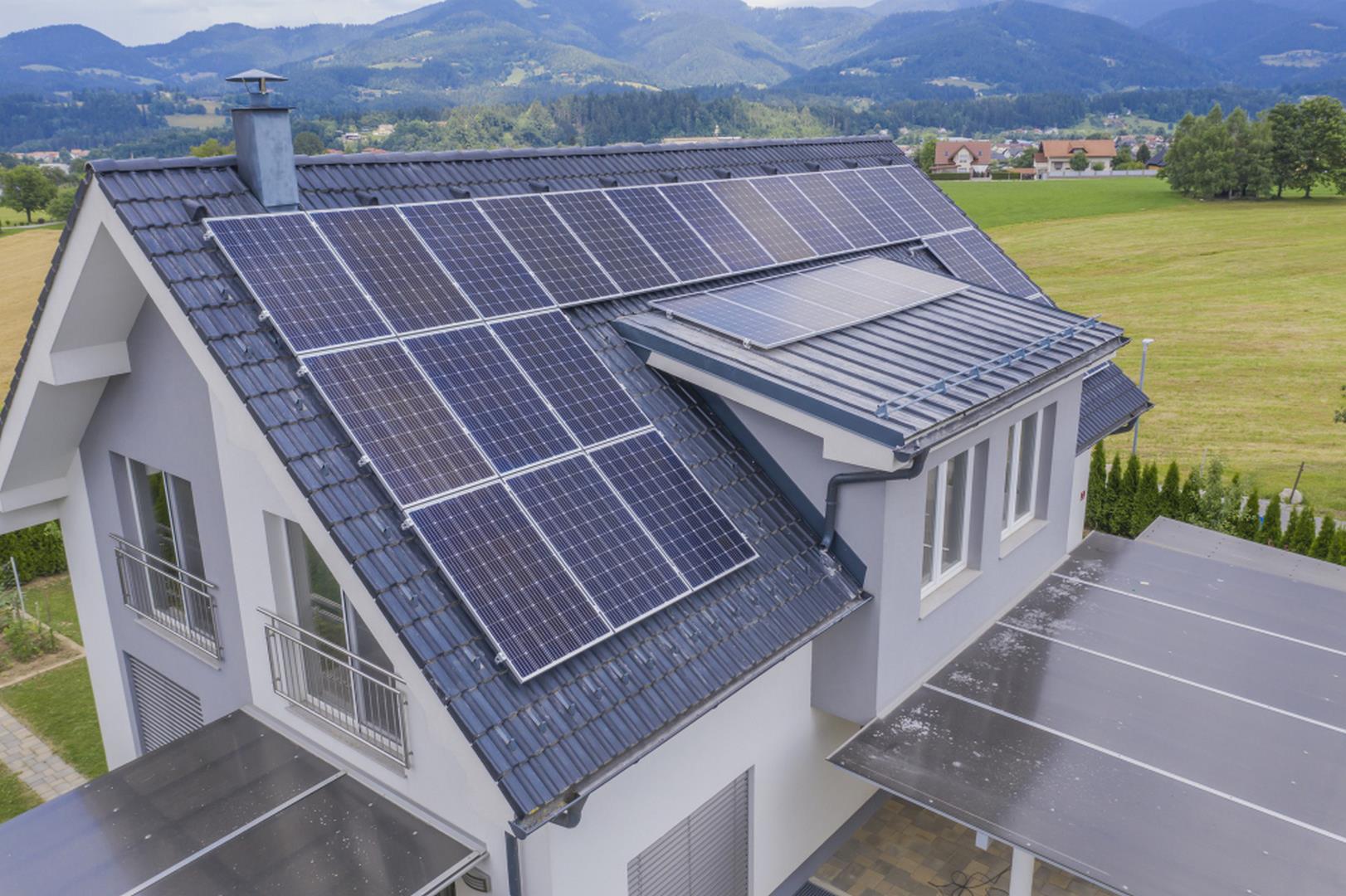
Solar panels are an increasingly popular form of renewable energy source. They provide clean and reliable electricity, as well as helping to reduce the user's carbon footprint.
Modern, high-quality solar panels have a typical lifespan of 25-30 years. This is because they are made from durable materials that can withstand extreme weather conditions, such as hail storms or heavy winds.
However, the average life expectancy for most solar panel systems depends on several factors, including proper installation and maintenance, system size, and battery capacity.
In addition to their longevity, solar panels also require very little upkeep over their lifetime; this makes them one of the most cost-effective investments when it comes to generating your own power.
Do Solar Panels Need Cleaning?
Solar panels have an important role in providing energy from the sun. They are an efficient way to generate power and reduce reliance on traditional sources of energy like fossil fuels. But do they need cleaning?
| Yes | No |
|---|---|
| Rain washes away dust and dirt, but snow can form a layer that blocks sunlight | Cleaning isn't always needed - most solar systems self-clean when it rains or snows |
| If you live in areas with frequent sandstorms, windy conditions, or lots of bird droppings then regular cleaning may be necessary | Even if your area doesn’t get much rain or snow, light soiling won't affect performance significantly as long as you keep vegetation trimmed around the panels |
Most people don't need to worry about cleaning solar panels on a regular basis. However, depending on where you live and the environment in which your system is exposed, some occasional maintenance may be required for optimum performance.
If there is debris blocking sunlight from reaching the cells, such as leaves, twigs, pine needles, etc., this may affect efficiency over time.
It's also worth noting that any shadows cast on the panel by nearby trees will also result in lower output!
Therefore, we recommend pruning trees close to the installation site to prevent shading problems during peak sun hours. By following these tips, you can ensure your system is running at its peak potential all year round!
How Many Solar Batteries Are Needed To Power A House?
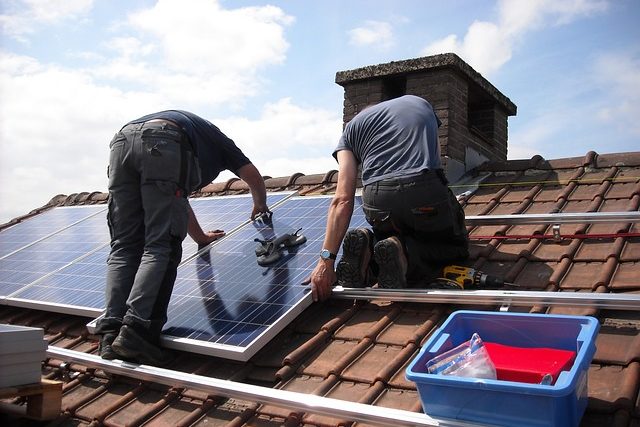
When considering powering a home using solar batteries, the number needed will vary depending on the size of the house and other variables such as location and weather patterns.
On average, about 5 kilowatts (kW) worth of installed solar panels would be sufficient for most homes. This equates to roughly 20 individual 250-watt panels or 40 individual 125-watt panels.
However, this could range from 12-36 kWh based on many factors mentioned earlier. To determine exactly how much you need for your specific situation, it’s best to consult with experienced professionals who understand local regulations and codes related to residential renewable energy installations.
How Long Can A Solar Battery Power Your Home?
Exactly how long a battery will last depends on the size and type of battery you use, as well as the amount of energy you use in your home.
Start by calculating the total watt-hours consumed each day by all the electrical equipment in your home. Then divide that number by the wattage rating of the solar cell. This value is roughly how many hours the battery will last before recharging.
For example:
The total load of all electrical appliances in a household is 2kwh, and a 48V 200Ah energy storage system can provide 48V*200Ah=9.6kwh of electricity.
Then in the case of running all electrical appliances at full speed, the battery can supply 9.6kwh➗2kwh=4.8 hours.
Can You Leave The Solar Battery Charger On All The Time?
Not recommended. Leaving a solar battery charger on all the time could potentially damage the batteries over time. This is due to the fact that continued charging can place strain on cells within the battery, reducing their lifespan and efficiency.
The good news is that solar chargers these days are often designed with built-in features that prevent the battery from overheating or overcharging while plugged in.
So as long as these safety protocols aren't tampered with, leaving your solar charger plugged in should not have an adverse effect on your batteries' performance down the line.
The Best Solar Battery for Your Needs
At HARVEYPOW, our mission is to bring you the best solar cell technology designed to revolutionize your energy storage experience.
As a top lithium battery manufacturer in china, our commitment to excellence begins with our meticulous production standards, with each battery undergoing rigorous scrutiny to ensure unrivaled quality. Imagine our state-of-the-art facility with a clean and orderly manufacturing environment, where our 200-person production team with 68 technical engineers as the core meticulously crafts each battery.
But what really makes our solar cells different is that we use CATL cells, the world's leading lithium battery brand. Known for their superior performance, durability and longevity, CATL's batteries enable us to deliver solar solutions that set you apart from the competition and enable you to harness the true potential of renewable energy.
To demonstrate our confidence in the longevity of our products, we offer an extensive 12-YEAR WARRANTY on all our energy storage batteries. This warranty not only reflects our commitment to quality but also serves as a testament to our dedication to promoting the development of global green energy solutions.
With HARVEYPOW Solar Battery, you can harness the power of clean energy without compromise. We strive to deliver top-notch products and services that exceed your expectations, enabling you to embrace a sustainable future with confidence.
Choose HARVEYPOW Solar Battery today and join us in shaping a greener tomorrow!
